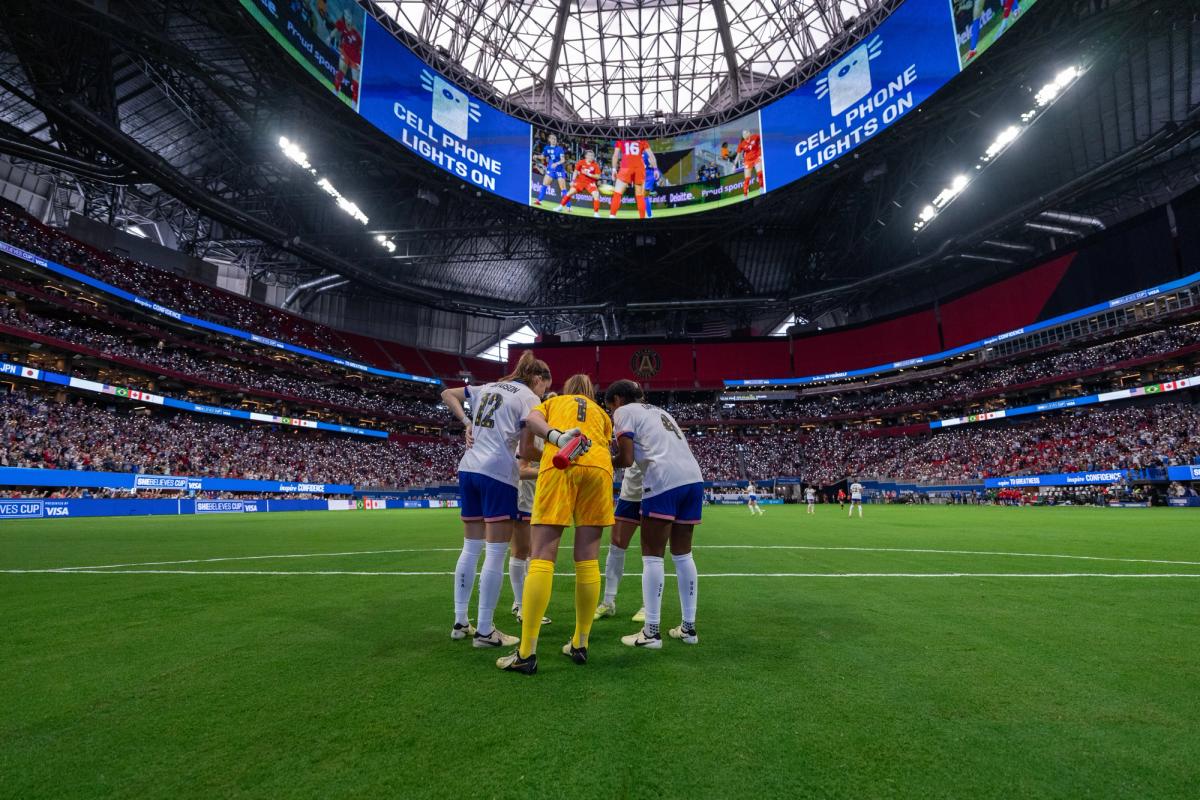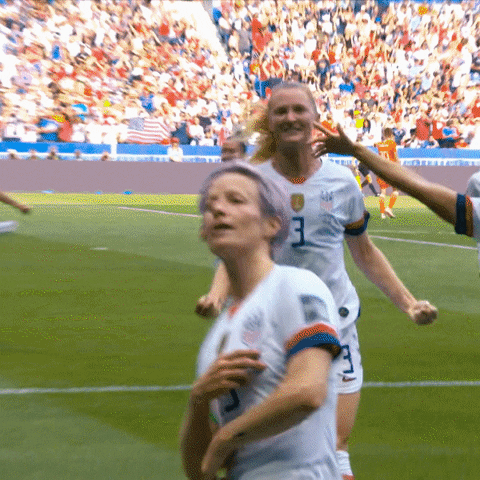U.S. and Mexico withdraw their bid to host 2027 FIFA Women’s World Cup

The GIST: The U.S. and Mexico have officially withdrawn their joint bid to host the 2027 FIFA Women’s World Cup (WWC), leaving Brazil and a joint bid from the Netherlands, Belgium, and Germany in the race. The North American contingent noted it will instead focus on securing rights for 2031, which they believe has potential for bigger ROI. Work it harder, make it better.
The why: While women’s soccer is thriving in the U.S. and Mexico, the game still has room to expand, which could make a 2027 bid premature. U.S. Soccer president Cindy Parlow Cone said shifting the timeline enables them to host a “record-breaking Women's World Cup in 2031 that will help to grow and raise the level of the women's game both here at home as well as across the globe."
- Plus, the U.S. and Mexico are just beginning to deepen their women’s soccer ties. In March, the NWSL and Liga MX Femenil announced their inaugural 2024 Summer Cup, which has existed for years on the men’s side as the Leagues Cup.
The numbers: Even if giving the WWC a longer runway leads to boosted profits in 2031, there’s still an opportunity cost to skipping out on 2027. The countries could be missing out on joint promotion from the previous year’s men’s FIFA World Cup, which expects to earn $11B, along with a post–WWC economic glow that would have come sooner rather than later.
- The U.S. and Mexico WWC bid projected record attendance (4.5M) and revenue ($3B), but those expectations may have been lofty seeing as the 2023 WWC in Australia brought in around 1.9M fans and earned $570M. Delaying the bid until 2031 may allow North America to get closer to its monumental projections. Aiming for the stars.
Zooming out: Women’s soccer in the Western Hemisphere is looking to develop the way European leagues have by introducing the Summer Cup, W Gold Cup, and the W Champions Cup in 2024. It’s smart to give these competitions time to develop and a chance to attract a widespread fanbase throughout the Americas. And who knows — maybe it will give Canada enough time to join the party.


